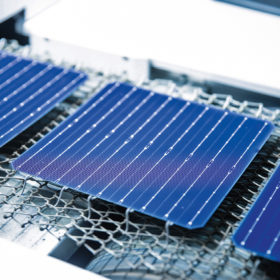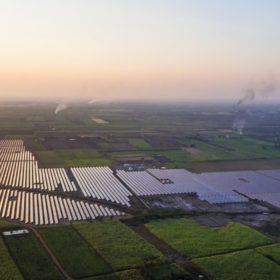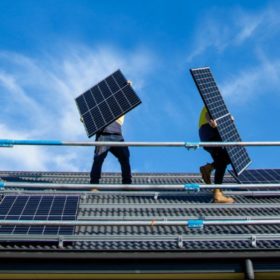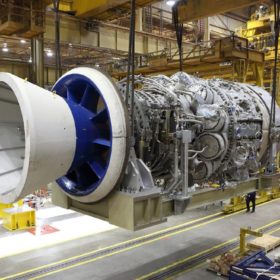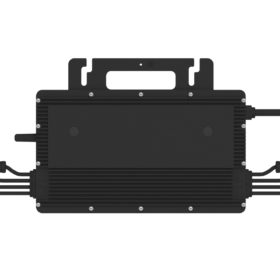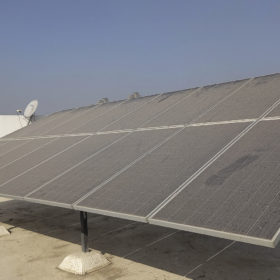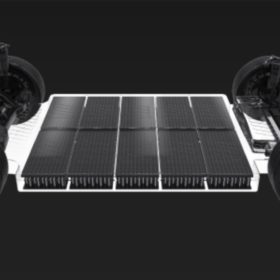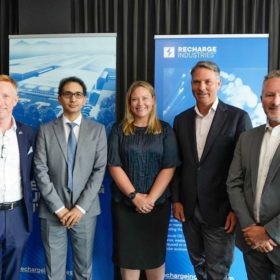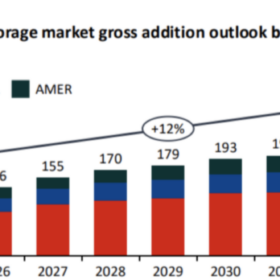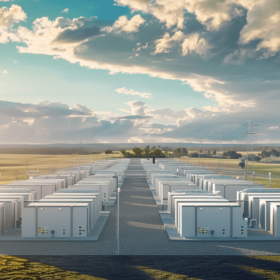Longi plans new 100 GW wafer plant, 50 GW solar cell factory in China
Longi Solar said it will invest CNY 42.5 billion ($9.4 billion) in 100 GW of wafer capacity and 50 GW of solar cell capacity in Shaanxi province, China.
Amp Energy to build 200 MW hybrid wind solar plant in India
Amp Energy has agreed to set up a 200 MW wind-solar plant on a build-own-operate basis. It will sell the generated electricity to Solar Energy Corp. of India.
Solar installers left with ‘hand grenade’ from bloated manufacturer warranties
In the last years, warranties on solar panels have ballooned up to 40 years, but far from inspiring trust, these documents can end up eroding it. Described as a “hand grenade,” some installers claim manufacturers’ unrealistic installation manuals and poor claiming processes leave them in the lurch when equipment breaks. “I think its the biggest threat to the longevity of my business,” Mark Cavanagh, owner of Queensland-based MC Electrical tells pv magazine Australia.
Educational events for engineers upskilling for hydrogen industry begin in Victoria
An educational event series aimed at upskilling engineers to enter the hydrogen industry is launching in February in Melbourne. The Hydrogen Industry Technical Series 2023 is being organised by the Victorian divisions of the Australian Institute of Energy and Engineers Australia.
Hoymiles reveals microinverters for high-power PV modules
Chinese manufacturer Hoymiles has developed a new line of microinverters with up to 96.7% efficiency and outputs of up to 2,000 VA. It said they can be connected with up to four high-power solar modules.
Vertical agrivoltaic pilots in France find improved yields and less water stress
French energy giant TotalEnergies studied the impact of solar panels on crops in order to develop a repository of agronomic benefits. The initial results show an increase in agricultural yields on field crops and a reduction in water stress.
Soiling – a multibillion-dollar issue
A new report by the International Energy Agency’s Photovoltaic Power Systems Programme (IEA-PVPS) estimates that lost revenue from PV module soiling amounts to more than €3 billion ($4.6 billion) per year – an amount that is only set to increase as PV systems grow larger and more efficient.
Brisbane battery casing startup with ‘tremendous potential’ lands support from ReNu
Queensland-based ReNu Energy will acquire up to a 20% stake in fellow Brisbane company, startup Vaulta, which has developed battery casings designed for reuse and recycling. Vaulta will use the eventual $1 million (USD 700,000) investment from ReNu to scale its manufacturing capability and expand domestic and offshore sales.
Origin grants Brookfield buyout consortium more due diligence time as concerns grow
“Gentailer” Origin Energy has granted the consortium behind its $18.4 billion (USD 12.8b) takeover bid, led by Brookfield Asset Management and US private equity firm EIG Partners, an extra week of exclusive due diligence. Neither reason nor timeline were offered by Origin’s brief ASX statement, fuelling concerns about the highly-priced deal.
Lithium-ion battery cell gigafactory coming to Geelong as US-Australia ties deepen
Geelong is set to become home to a $300 million (USD 210 million) lithium-ion battery gigafactory. Recharge Industries, part of a portfolio from US fund Scale Facilitation, is aiming to start construction by the end of the year, targeting 2 GWh of production annually in 2024 and 6 GWh by 2026. The company is reportedly aiming to produce batteries without using Chinese materials, and appears to be part of a deepening supply chain play between Australia and the US.
